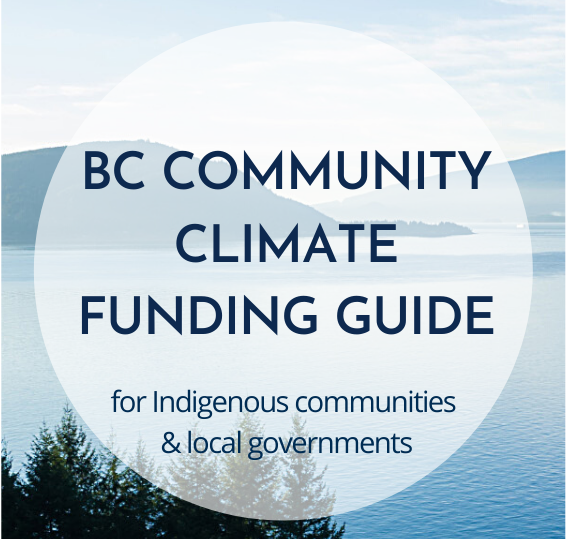CleanBC Remote Community Energy Strategy (RCES)
The CleanBC Remote Community Energy Strategy (RCES) is a multi-stakeholder initiative to achieve the CleanBC diesel reduction goal of reducing diesel consumption for generating electricity and heating in remote communities by 80% by 2030.
There are approximately 44 remote communities in B.C. that are not connected to the provincial electricity grid. Most are First Nation communities that depend on diesel fuel to generate power and heat.
While reliable, diesel fuel has negative social, economic, and environmental consequences. The RCES initiative:
- reduces greenhouse gas (GHG) emissions;
- promotes economic development in remote communities; and
- furthers the Province’s reconciliation commitments with Indigenous peoples.
The Community Clean Energy Branch collaborates with other funders and partners to deliver programs under RCES. Policy development and implementation is guided by an Indigenous working group.
RCES efforts to date have focused on gathering data, building relationships, initiating research, and delivering funding programs through three action streams:
- Capacity building: Assist remote communities in developing the capacity to plan and implement community-led energy efficiency and renewable energy projects.
- Efficient and low carbon buildings: Provide programs to help improve energy performance and minimize GHG emissions, including new construction and retrofits.
- Renewable energy generation: Support remote communities with funding and resources to implement renewable energy projects to offset diesel generation.
Greenhouse Gas Reduction Regulation amendment:
We are pleased to announce the approval of the Greenhouse Gas Reduction Regulation amendment. The amendment is designed to enhance regulatory certainty for renewable energy generation projects that displace diesel in remote communities served by BC Hydro, referred to as Non-Integrated Areas (NIAs). The amendment went into effect on June 10, 2024.
To learn more about RCES, please see the 2023 Update Report:
- For computers and for printing, please visit RCES 2023 Update Report (PDF, 7.8MB)
- For mobile devices, please visit RCES 2023 Update Report - Mobile (PDF, 5.3MB)
The CleanBC Remote Community Energy Strategy takes action on climate change and contributes to the CleanBC plan.
Learn how CleanBC puts B.C. on the path to a cleaner, better future.
B.C. Community Climate Funding Guide for Indigenous communities & local governments. An all-in-one online guide of funding opportunities for climate action projects in your community.
Contact information
To learn more about the work being done to support renewable energy projects and achieve the CleanBC target, please contact the Community Clean Energy Branch.

